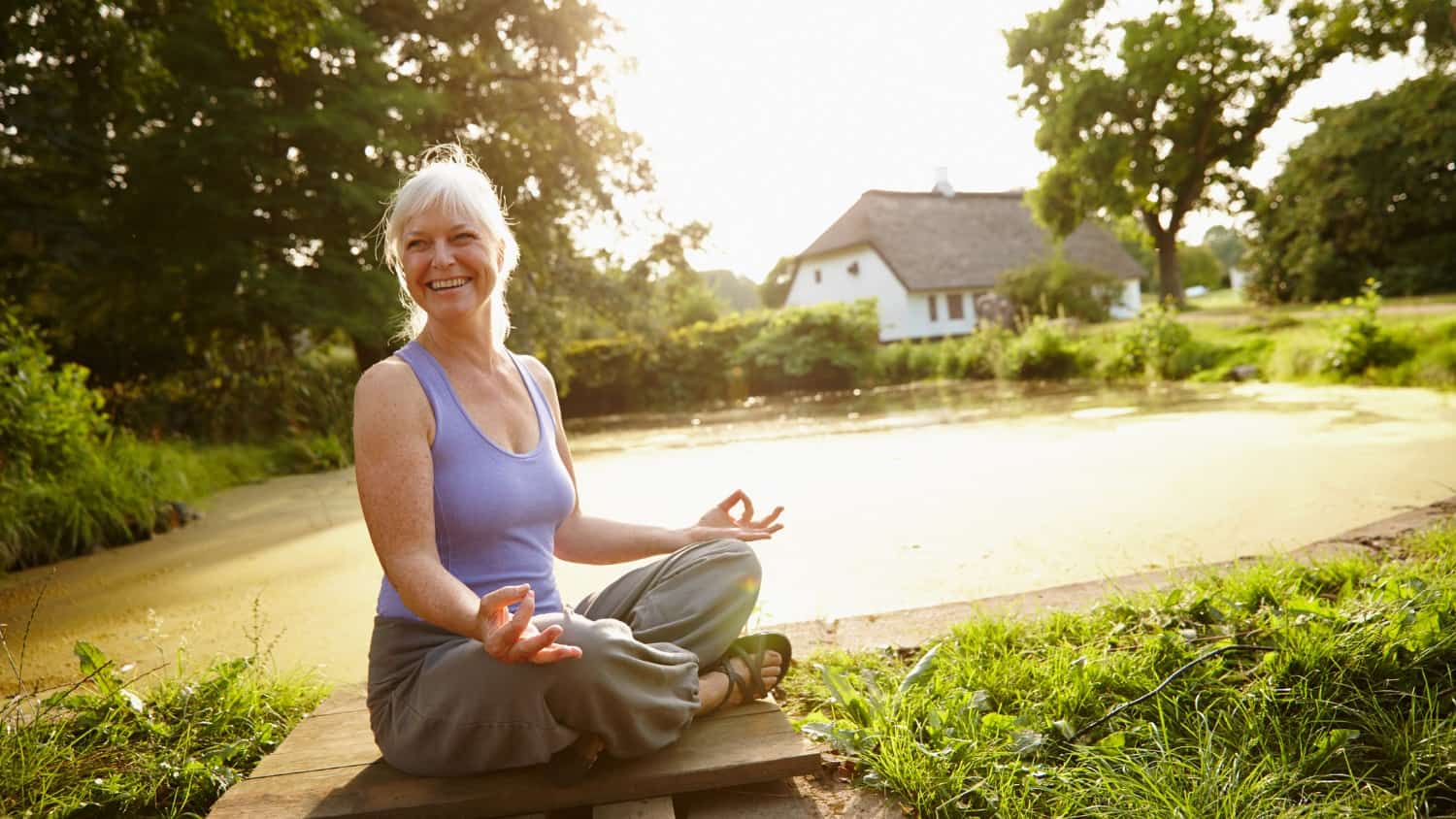
5 Simple Tips for Managing Your Emotions
Being an emotional person can be both a blessing and a curse. I know this from first-hand experience. So does my family!
On the one hand, I’m comfortable with my emotions and emotions in general. I don’t close up the way some people do when others are discussing their feelings. I find people interesting when they’re willing to be open about their emotions. Expressing our feelings is so much healthier than stuffing them down.
But what I’m writing about here is the other side of the coin. Flying off the handle emotionally at times. Flipping out. Reacting out of proportion to the situation. Having a story in your head with your interpretation of the situation that may not be in tune with reality.
For emotional people like me, finding the right balance is important if you want to be a productive member of society and not scream or throw things at the people you love.
Here are five things I do that help me manage my emotions, from the easiest to the hardest and most time consuming. The more time consuming ones are also, as you probably guessed, the most effective.
Drink Matcha
My doctor (an MD) told me that matcha, a form of green tea, helps you have “calm energy.” It contains the amino acid L-Theanine, which is a neurotransmitter. High quality matcha contains up to five times more L-Theanine than regular green tea.
While it has caffeine, which improves focus, L-Theanine keeps you calm by activating your brain’s alpha waves. Another bonus is that it is reported to improve metabolism. Read more about matcha and how to prepare it at this link.
Practice Qigong
Qigong (pronounced chi-gung), is an ancient Chinese system of energy management consisting of exercises and meditation that regulate the flow of our energy. It involves a series of movements that are easy enough for almost anyone to do. These primarily meditative movements improve strength, stamina, flexibility and coordination, and bring a sense of calm. I think of them as a kind of moving meditation. Practicing qigong makes me feel happier and calmer.
You can sample qigong through this free YouTube video
or through this good 30-day, introductory course called Seven Minutes of Magic.
Practice Yoga
I started practicing yoga in 1972, long before most people knew what it was. It has not only kept me pain-free so far, but I am almost as flexible as I was as a 20-something ballet dancer. I can still do splits and backbends at age 61. Another benefit that I noticed when I began practicing at age 16 was that it made me feel calmer. It can also make you stronger, and you can continue to get better at it as you grow older.
I recommend taking classes with a highly qualified teacher, like an Iyengar-certified instructor, although there are others who are good, too. A good yoga teacher knows how to modify anything to fit any physical limitations you may have. If you’re new to yoga, Sixty and Me has plenty of resources to get you started.
Meditate
As a very high energy person, it took me a while to establish a meditation practice, but it was well worth it. Although there is a lot of research that just a few days of meditation improves concentration and attention, the effects are really very subtle and take a while to notice. You have to be patient and believe the gobs of research telling you how good it is for you.
Studies at Yale University have found that mindfulness meditation decreases activity in the part of the brain responsible for mind wandering and worrying. When a meditator’s mind starts wandering, she’s better at snapping out of it, too. A study at Johns Hopkins found meditation as effective as antidepressants in reducing symptoms of depression, anxiety and pain.
Here are some of its benefits that will help you with emotional regulation. Meditation causes an increase in the part of the brain that governs learning and memory and decreases the brain cell volume of the part governing fear, anxiety and stress. My ability to handle stress without flipping out has increased incredibly. People who meditate actually increase their grey matter!
Self-Coaching
Life was so different before I learned how to coach myself! Oh, the stories I used to create about situations! Those stories could make me so mad or miserable.
Self-coaching is a way of looking at our thoughts that aren’t serving us and changing them so that we feel better. It is about questioning our thoughts or beliefs that are causing us negative emotions to see whether they’re even true, and noticing what feelings the thoughts cause.
Through this process, we can begin to understand that our thoughts are just a story that we made up based upon our biased perspective about something. Most of our thoughts aren’t facts. Even if these thoughts are true, we can change them to ones that don’t produce negative emotions.
With practice, you can learn how to select your thoughts in any situation, and you can choose ones that produce better feelings. You can choose the perspective you have on your own life. That is one of the real keys to happiness.
A great way to learn how to coach yourself is to read Loving What Is by Byron Katie or Self Coaching 101 by Brooke Castillo, which is available free as a download here.
If you incorporate some or all of these practices into your life, you will notice how much easier it is to pause and think, rather than let your emotions run wild.
What techniques do you use to manage your emotions? What kind of self-coaching or positive self-talk do you practice? Please share your experience in controlling your emotions.
Tags Reducing Stress






